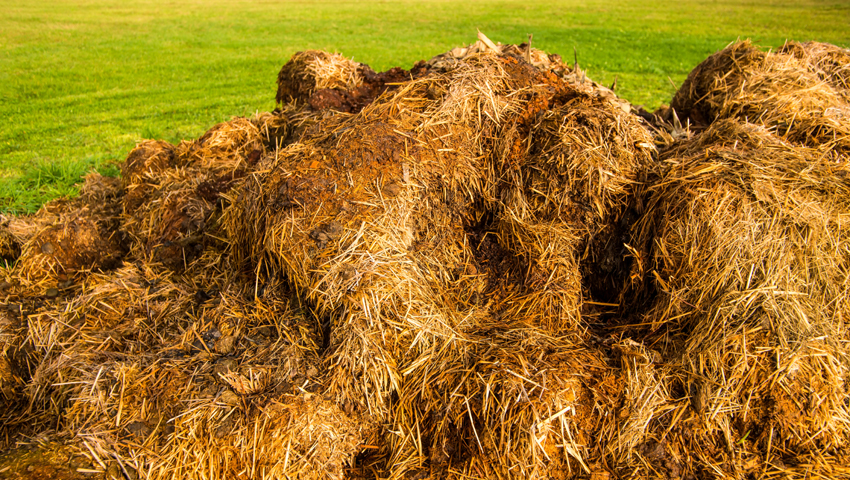ADHB says that at a time when sustainable agriculture and environmental stewardship are vital, improving the nutrient use efficiency (NUE) of organic manures is a crucial goal.
Enhancing the NUE of organic manures is an approach that requires careful planning and implementation.
By focusing on proper composting, nutrient balancing, cover cropping, precision application and crop rotation, farmers can significantly improve the effectiveness of organic manures while reducing environmental impact.
These approaches not only promote sustainable agriculture but also help UK farmers meet the growing demand for organic produce, ensuring long-term profitability and environmental stewardship.
As the industry faces increasing pressure to adopt more sustainable farming practices, enhancing NUE is a crucial step toward a more sustainable and prosperous agricultural future in the UK.
How to enhance nutrient use efficiency
Proper composting
Organic manures are primary sources of nutrients like nitrogen, phosphorus, and potassium. The first step in enhancing NUE is to ensure proper composting and decomposition of organic materials.
Nutrient balancing
Balancing nutrient ratios in organic manures is crucial for optimising NUE. Organic materials may not have the ideal NPK (nitrogen, phosphorus, potassium) ratios for specific crops. Regular soil testing can help farmers identify nutrient deficiencies and surpluses. By adjusting the mixture of organic manures, such as compost, livestock manure, and cover crops, farmers can tailor nutrient applications to meet the precise requirements of their crops. This approach prevents over-fertilisation and minimises nutrient wastage.
Precision application
Precision agriculture techniques, such as variable rate technology (VRT), can also be adapted to enhance NUE. VRT allows farmers to apply organic manures precisely where and when they are needed, based on soil and crop requirements. This technology minimises nutrient wastage, reduces environmental impact, and optimises crop yield.
Crop rotation
Crop rotation and diversification are fundamental strategies for improving NUE. Monocultures can deplete specific nutrients from the soil, leading to imbalances and reduced efficiency. By rotating crops and diversifying plant species, farmers can break pest and disease cycles, enhance soil health, and ensure better nutrient utilisation. Additionally, leguminous plants, like clovers, peas, and beans, fix atmospheric nitrogen, enriching the soil with this essential nutrient.
Cover cropping
Cover crops are an excellent tool for enhancing NUE. They help protect the soil from erosion, improve soil structure, and capture and release nutrients slowly over time. The UK climate is suitable for various cover crops like clover, vetch, and rye, which can fix atmospheric nitrogen and reduce the need for synthetic fertilisers. Integrating cover crops into crop rotations not only improves soil fertility but also reduces nutrient leaching.
Nutrient management plans
Developing comprehensive nutrient management plans is essential for achieving high NUE. These plans involve careful monitoring of nutrient levels, crop requirements, and soil conditions. Farmers can then make informed decisions regarding nutrient application rates and timing. Nutrient management plans also help farmers comply with environmental regulations and minimise nutrient run-off, protecting water quality.
The Nutrient Management Guide (RB209)
The Nutrient Management Guide (RB209) [https://ahdb.org.uk/knowledge-library/rb209-section-2-organic-materials] supports farmers, growers, and their trusted advisers to make the most of organic materials and balance the benefits of fertiliser use against the costs – both economic and environmental. The guide outlines the value of nutrients and soil and explains how good nutrient management can save money and improve environmental outcomes. It aims to increase uptake and accuracy of crop nutrient management planning.
